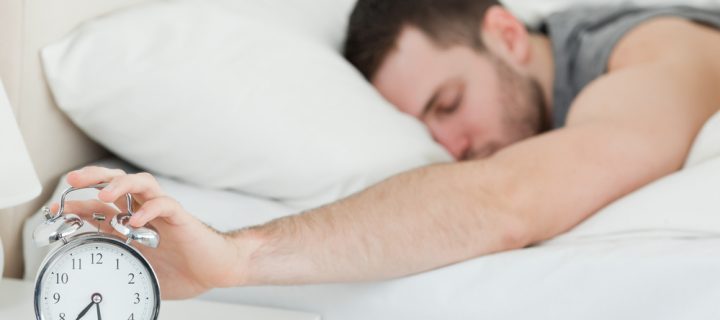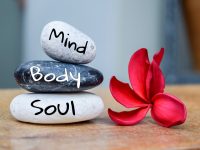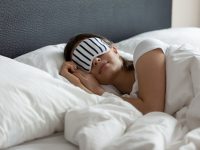Entomologist George Hudson first proposed the idea of daylight savings time (DST) in 1895, reasoning the extra daylight would enable people to carry out after-work activities while there’s still light out.
It’s certainly had its advantages (we’re looking at you, farming community), but that still doesn’t make it any better losing a precious hour of sleep. Besides feeling tired, the constant changing of clocks has everyone complaining loudly of it affecting their work and health.
So how does DST affect your body?
The toughest adjustment for the body in a time change is its internal clock; the body fails to make the necessary adjustment to reflect the change in their daily schedule. Due to this, for example, people in the U.S. lose an average of 40 minutes of sleep when they switch their clocks in the spring.
Messing up sleep cycles leads to mood disruptions and irritability. Losing sleep also affects levels of performance, concentration and memory. There’re even been studies that suggest sleep-deprived individuals experience a reduction in their motor skills, making them prone to accidents at the workplace.
We can’t change the unwritten rules of society, so DST is here to stay. But you can ease the transition with simple adaptations.
Starting your day early is one way. Dr. Kelly Brown, a sleep researcher at Vanderbilt University, advises people to engage in activities under sunlight in the morning before the start of daylight saving time. The helps pull the internal body clock forward, helping you into your regular sleep pattern regardless of time change.
Another method is simply going to bed 15 minutes early every night. This should be done days prior to DST (so use this tip next year), as it’ll help you transition to the sudden 60 minute loss of shut-eye.
Finally, avoid bright lights during the evenings before the start of DST. Again, exposure to bright lights could affect the body’s adjustment to the shift. The lights in homes should also be dimmed on these nights.
Photo credit: wavebreakmedia/Shutterstock












